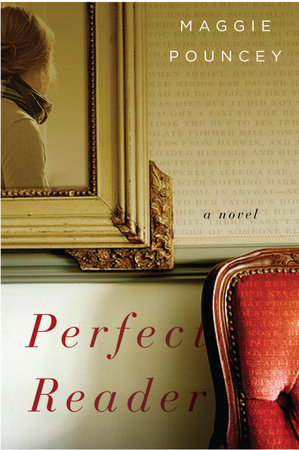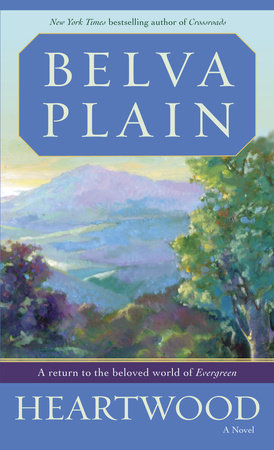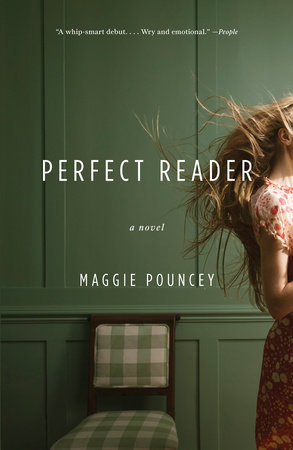

Perfect Reader
By Maggie Pouncey
By Maggie Pouncey
By Maggie Pouncey
By Maggie Pouncey
Category: Literary Fiction
Category: Literary Fiction

-
$14.95
Jul 12, 2011 | ISBN 9780307474803
-
Jun 15, 2010 | ISBN 9780307379276
YOU MAY ALSO LIKE
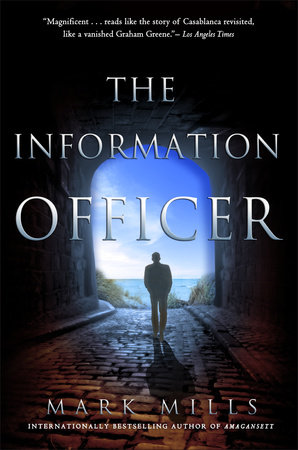
The Information Officer
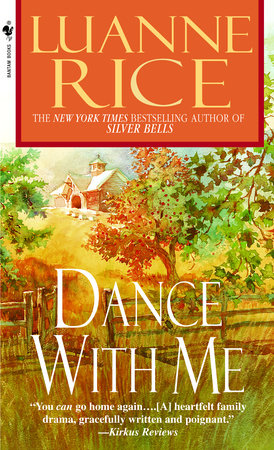
Dance with Me
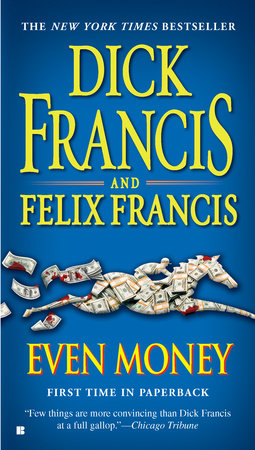
Even Money
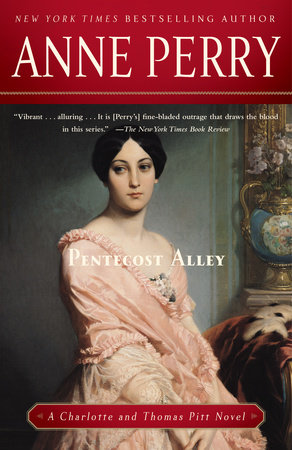
Pentecost Alley
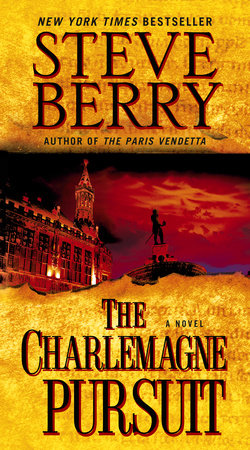
The Charlemagne Pursuit
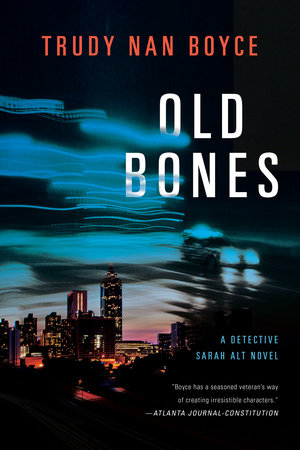
Old Bones
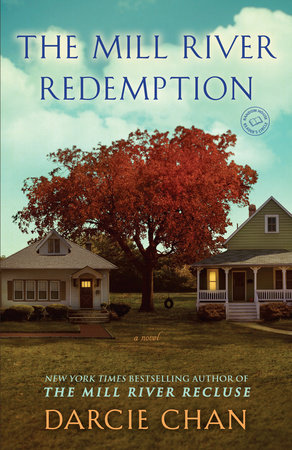
The Mill River Redemption
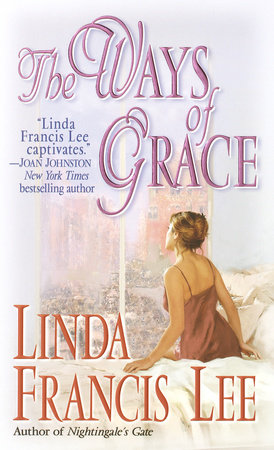
The Ways of Grace
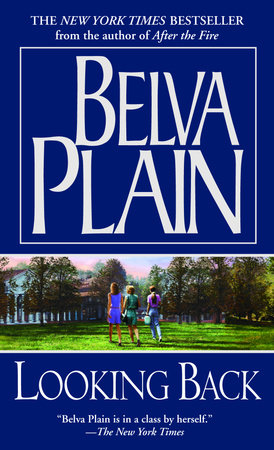
Looking Back
Praise
“A whip-smart debut. . . . Wry and emotional.” —People
“Pouncey’s portrait of a sensitive girl numbed by loss and confused because life didn’t follow the trajectory of her upbringing is intelligent and honest. . . . Her take on life in a liberal college town . . . is deliciously spot-on.” —The Washington Post Book World
“Maggie Pouncey’s Perfect Reader is wry, vivid, loving, and exuberantly bookish. I enjoyed it tremendously.” —Meg Wolitzer
“[A] wryly perceptive first novel.” —Boston Globe
“Sparkling, shrewd, and at times hilarious in its parsing of family dynamics, academic competition, the solace of literature, the aggression of the blogosphere, and what it truly means to be a ‘perfect reader’ and a generous soul.” —Booklist
“A novel of . . . sentence-by-sentence pleasures.” —The Columbus Dispatch
“Marvelous. . . . Page for page Perfect Reader is an assured literary debut.” —BookPage
“An absolutely wonderful novel that I hope every one of you who love fine fiction will read.” —Ann La Farge, Hudson Valley News
“Pouncey’s debut is marked by an extraordinary blend of tact, wit, mercy, and intelligence. The father/daughter knot is explored from an entirely fresh perspective, and it ties us in from beginning to end.” —Mary Gordon, author of Circling My Mother
“Pouncey hones her wry wit in poking fun at small town academia, and readers with an inside view will laugh at its truth. . . . An unusual coming-of-age story. An intelligent and witty debut.” —Sacramento Book Review
21 Books You’ve Been Meaning to Read
Just for joining you’ll get personalized recommendations on your dashboard daily and features only for members.
Find Out More Join Now Sign In






